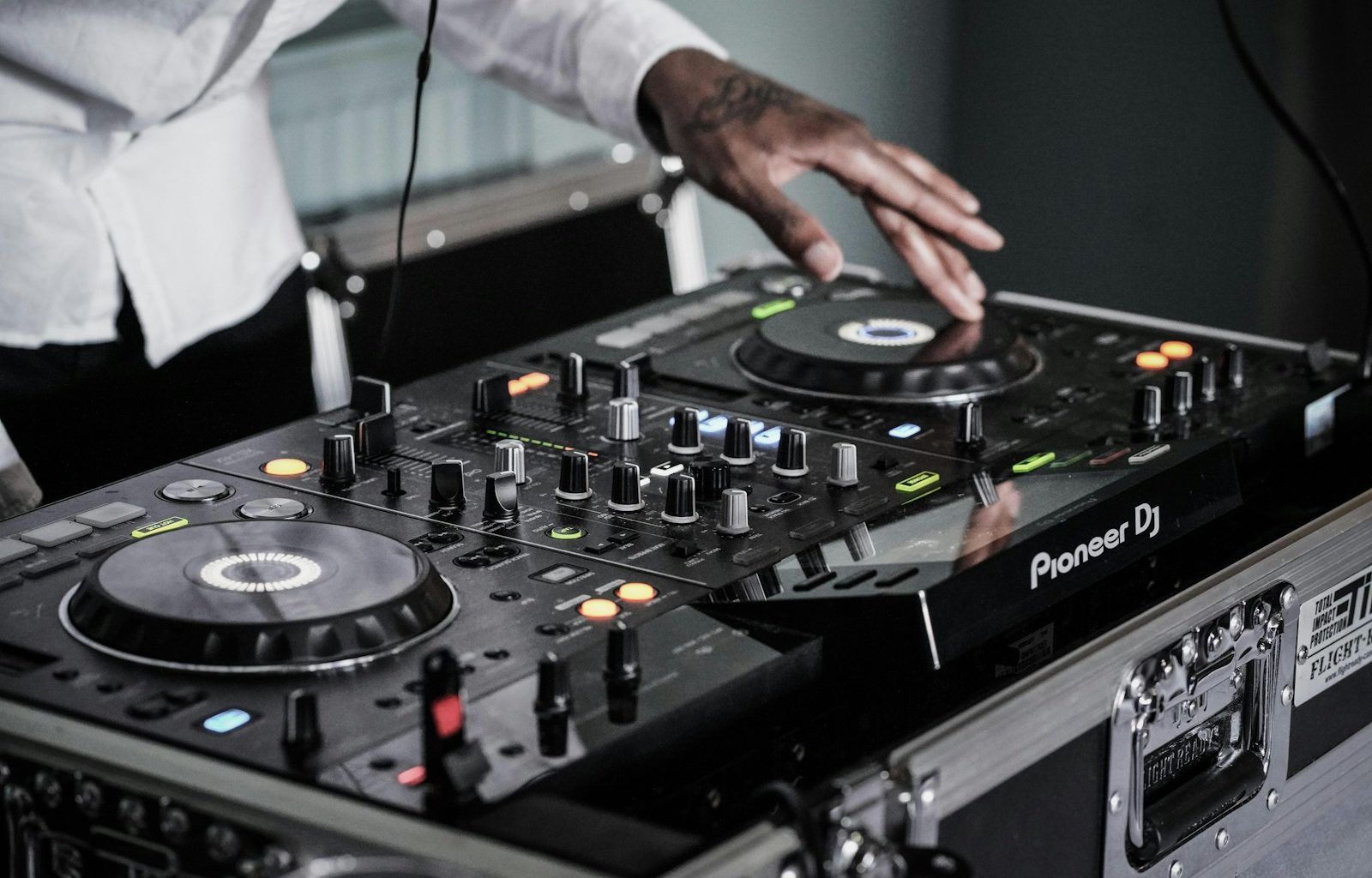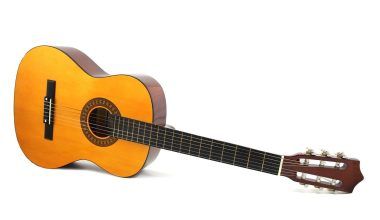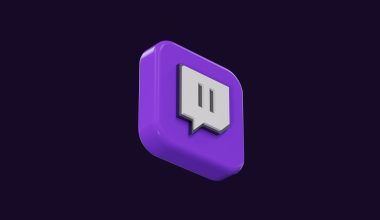Getting Started with Music Making Software for Beginners
Have you ever dreamed of creating your own music? It might seem overwhelming at first, but don’t worry—starting with the right music making software for beginners can make the process much simpler. In today’s world, anyone with a laptop or even a smartphone can begin making music. The key is to find the right tools that are easy to use and suitable for beginners.
This blog will walk you through everything you need to know to start your music-making journey. From understanding what software is right for you to tips on making your first beat, we’ve got you covered. By the end of this, you’ll be ready to create your first track, even if you’ve never touched music production software before.
Why You Need Music Making Software
If you’re a beginner, you might wonder, “Why do I need music making software?” Well, think of it as your digital studio. Music making software—also known as a DAW (Digital Audio Workstation)—is where all the magic happens. Whether you want to produce electronic beats, record vocals, or compose a symphony, the right software will help you bring your ideas to life.
For beginners, the best part about music making software is how intuitive it has become. Modern tools are designed with simplicity in mind, often providing step-by-step tutorials to guide you through the process. Plus, many beginner-friendly programs come with built-in sounds, loops, and effects, so you don’t need any prior knowledge to get started.
How to Choose the Right Music Making Software for Beginners
Choosing the right software can feel like a big decision, but don’t let it stress you out. Focus on these three factors to make your choice easier: ease of use, features, and budget.
Ease of Use
As a beginner, you want a program that doesn’t overwhelm you with complex features. Look for software with a clear layout, drag-and-drop functionality, and helpful tutorials. Options like GarageBand (for Mac users) or FL Studio are great examples.
Features
Think about what you want to do with your music. Are you interested in recording live instruments, creating electronic beats, or experimenting with loops? Different software caters to different needs. For example, Ableton Live is perfect for electronic music, while BandLab is fantastic for collaborative projects.
Budget
Many beginner-friendly music making software options are free or offer trial versions. Start with free software like Audacity or BandLab if you’re unsure. As you grow more confident, you can invest in premium tools.
Setting Up Your Home Studio
Before diving into music making software, you’ll need to set up a basic workspace. Don’t worry—it doesn’t have to be expensive or complicated.
Your Computer
Most music making software runs on standard laptops or desktops. Make sure your computer meets the minimum requirements for the software you choose.
Audio Interface
If you’re planning to record vocals or instruments, an audio interface is essential. This device connects your microphone or instrument to your computer.
Headphones or Speakers
Good-quality headphones or monitor speakers will help you hear the finer details of your music.
Exploring Your Music Making Software
Once you’ve chosen your software, it’s time to explore. Every program has its own interface, but most share similar features. Let’s break down the basics.
Tracks
Tracks are where your music lives. You’ll add different layers, like drums, vocals, or instruments, on separate tracks.
Loops
Loops are pre-recorded sounds you can use in your tracks. Many beginner-friendly software options come with a library of loops to play with.
Effects
Effects like reverb, delay, and EQ let you shape the sound of your music. Experimenting with effects is a fun way to make your tracks unique.
Making Your First Track
Now comes the exciting part—making your first piece of music! Start simple. Here’s a step-by-step guide:
- Choose a Beat
Most music making software for beginners has a library of drum loops. Pick one that matches the vibe you want. - Add a Melody
Use a virtual instrument like a keyboard or guitar to create a melody. Don’t worry about being perfect—experiment and have fun. - Layer Your Track
Add more layers, like basslines or harmonies, to build your song. - Mix and Adjust
Use the mixing tools in your software to adjust the volume levels of each track. This will make your song sound balanced. - Export Your Music
Once you’re happy with your track, export it as an audio file. Congratulations—you’ve just made your first song!
Tips for Learning Music Making Software
- Watch Tutorials
YouTube is a treasure trove of tutorials for every type of music making software. Follow along to learn new techniques. - Experiment Often
The best way to learn is by doing. Don’t be afraid to try new things, even if they don’t work out. - Join Communities
Online forums and social media groups are great places to ask questions and share your work. - Be Patient
Like any skill, music production takes time to master. Start with small goals and celebrate your progress.
Upgrading Your Skills and Software
As you get more comfortable with your music making software, you might feel ready to explore more advanced tools. Paid software like Logic Pro X, Ableton Live, or Cubase offers professional-grade features. However, remember that the most important thing is your creativity, not the tools you use.
Conclusion: Start Your Journey Today
Starting your journey with music making software for beginners is easier than ever. With so many user-friendly options available, there’s no reason to wait. Whether you’re making beats for fun or aiming to become a professional producer, the first step is the same—open your software and start creating.
So, what are you waiting for? Download a beginner-friendly music making software, set up your workspace, and let your creativity flow. Music is waiting for you to bring it to life!
For further reading, explore these related articles:
- The Story of the Billboard King: What It Takes to Rule Music Charts
- The Magic of Funk Songs: Why They Make Us Move and Feel Alive
For additional resources on music marketing and distribution, visit DMT Records Pvt. Ltd..






